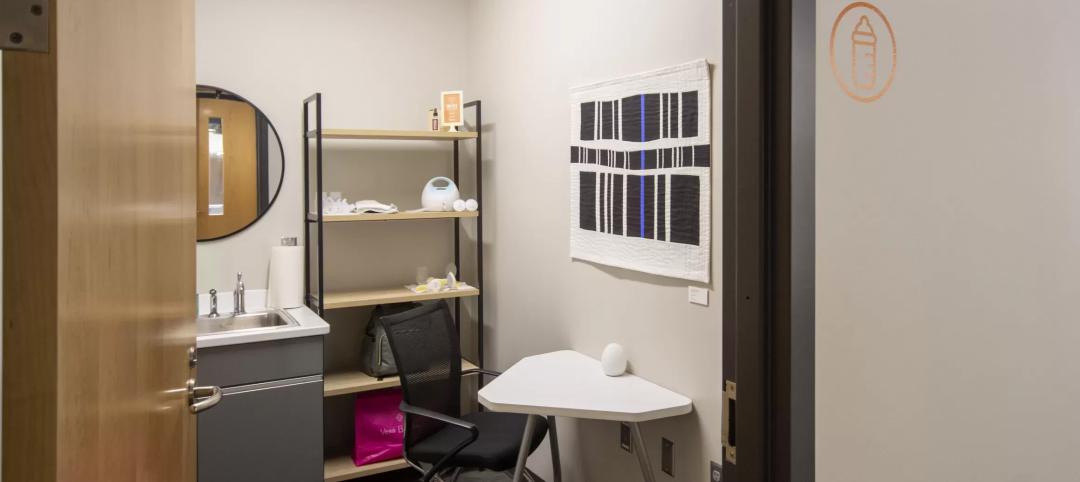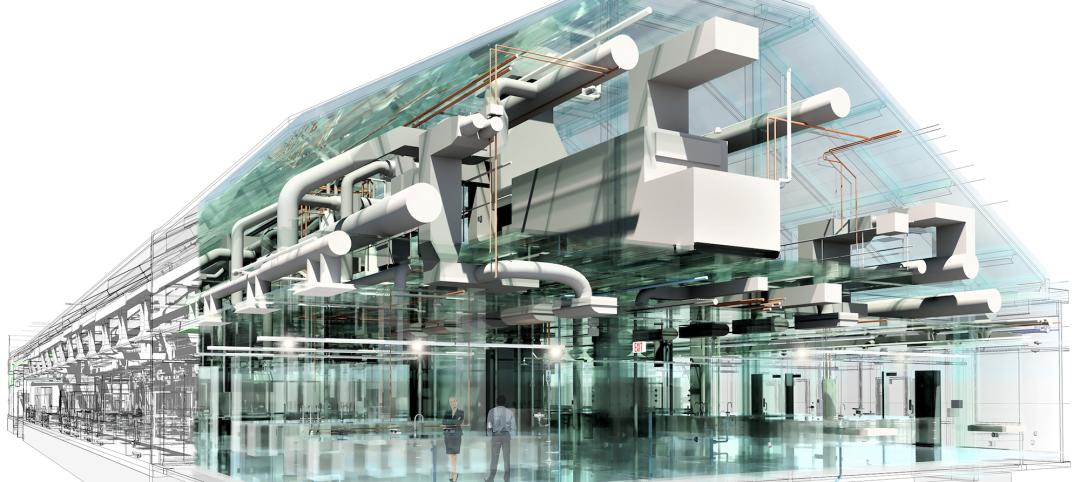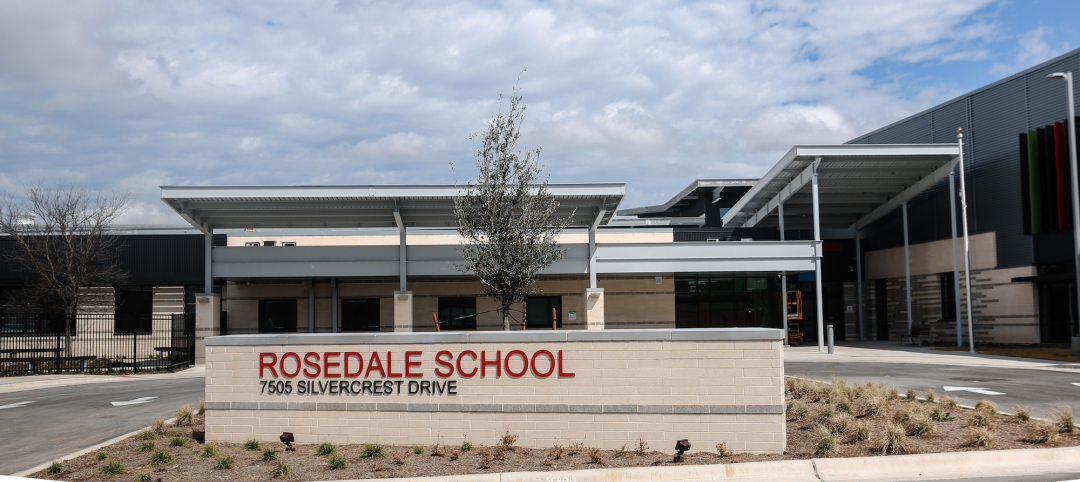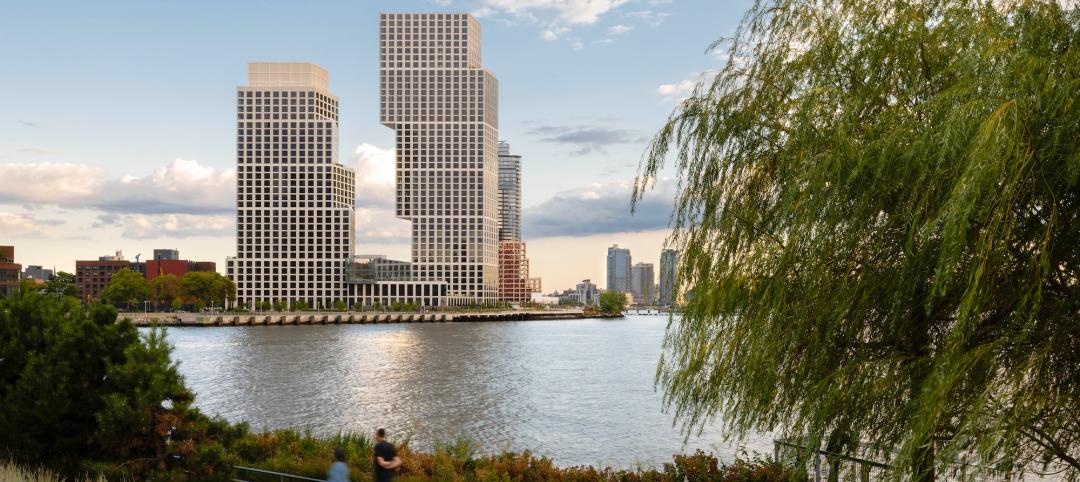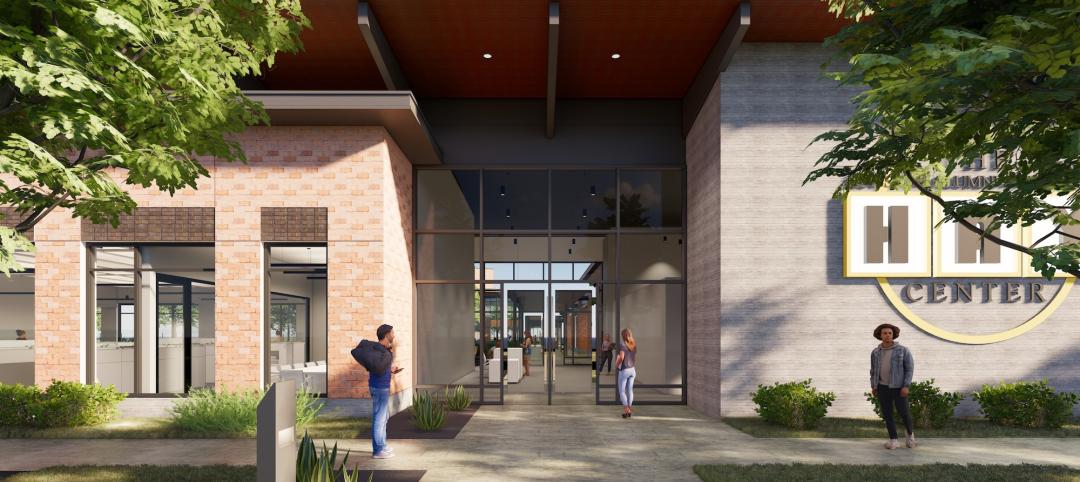For more than a decade, China has been a front-runner in the world’s skyscraper race. Now the country is taking the pole position in digging “groundscrapers” -- enormous structures built mostly underground.
Most recently, ground has been broken on construction of a high-end hotel at the foot of Shanghai’s Tianmashan in a 100-meter-deep pit.
Developed by Shanghai Shimao Property Group and to be managed by InterContinental Hotels Group, the hotel, named InterContinental Shimao Shanghai Wonderland, is expected to extend 19 stories into the bottom of the pit. It's due to open in late 2014 or early 2015.
Once completed, the deepest story of the luxury resort will be approximately 700 meters lower than the top floor of the world’s-highest-hotel-to-be, the Shanghai Tower J Hotel in Shanghai Tower, set for completion around the same time. Located about 45 kilometers southwest of Shanghai's city center, the pit in Tianmashan is 100 meters deep, 240 meters long and 160 meters wide. The lowest 20 meters are filled with stagnant rainwater, which the hotel will retain.
“The pit has served as a quarry since the 1950s,” said Yao Qi senior branding manager of Shanghai Shimao Property Group. "It has been abandoned since the year 2000."
Shimao purchased the surrounding land in 2006 in order to build Shimao Shanghai Wonderland, a large-scale theme park integrating hospitality, leisure and entertainment elements. The hotel is planned as part of the wonderland complex. Construction of the 380-room InterContinental Shimao Shanghai Wonderland commenced last month. The 19-story hotel will have three levels above ground, and 16 underground, including an underwater restaurant.
“A 60-meter glass curtain will be built to mimic a waterfall next to the resort’s main structure,” said Yao.
Designed by UK-based engineering firm Atkins, the company behind the ostentatious Burj Al Arab hotel in Dubai, the quarry hotel design bagged a Gold Medal at last year's commercial real estate MIPIM Asia Awards.
Hotel planners are considering taking advantage of the site's surrounding cliffs by hosting activities such as rock climbing and bungee jumping. Industry experts believe nightly room rates will start from RMB 2,000 (US$320), twice the price currently charged by nearby five-star hotels. Shimao is investing a total of RMB 3.5 billion (US$555 million) in the 428,200-square-meter Shimao Shanghai Wonderland, of which RMB 600 million (US$95 million) will go toward the subterranean resort.
The Shanghai property group has yet to reveal detailed plans for the rest of the wonderland complex. BD+C
Related Stories
Market Data | Aug 1, 2023
Nonresidential construction spending increases slightly in June
National nonresidential construction spending increased 0.1% in June, according to an Associated Builders and Contractors analysis of data published today by the U.S. Census Bureau. Spending is up 18% over the past 12 months. On a seasonally adjusted annualized basis, nonresidential spending totaled $1.07 trillion in June.
Healthcare Facilities | Aug 1, 2023
Top 10 healthcare design projects for 2023
The HKS-designed Allegheny Health Network Wexford (Pa.) Hospital and Flad Architects' Sarasota Memorial Hospital - Venice (Fla.) highlight 10 projects to win 2023 Healthcare Design Awards from the American Institute of Architects Academy of Architecture for Health.
Office Buildings | Aug 1, 2023
Creating a nurturing environment: The value of a mother’s room in the workplace
Since becoming an architect, Rebecca Martin of Design Collaborative has drawn a mother’s room into numerous projects. But it wasn't until she became a mom that she fully appreciated their importance in the workspace.
Digital Twin | Jul 31, 2023
Creating the foundation for a Digital Twin
Aligning the BIM model with the owner’s asset management system is the crucial first step in creating a Digital Twin. By following these guidelines, organizations can harness the power of Digital Twins to optimize facility management, maintenance planning, and decision-making throughout the building’s lifecycle.
K-12 Schools | Jul 31, 2023
Austin’s new Rosedale School serves students with special needs aged 3 to 22
In Austin, the Rosedale School has opened for students with special needs aged 3 to 22. The new facility features sensory rooms, fully accessible playgrounds and gardens, community meeting spaces, and an on-site clinic. The school serves 100 learners with special needs from across Austin Independent School District (ISD).
MFPRO+ New Projects | Jul 27, 2023
OMA, Beyer Blinder Belle design a pair of sculptural residential towers in Brooklyn
Eagle + West, composed of two sculptural residential towers with complementary shapes, have added 745 rental units to a post-industrial waterfront in Brooklyn, N.Y. Rising from a mixed-use podium on an expansive site, the towers include luxury penthouses on the top floors, numerous market rate rental units, and 30% of units designated for affordable housing.
Affordable Housing | Jul 27, 2023
Houston to soon have 50 new residential units for youth leaving foster care
Houston will soon have 50 new residential units for youth leaving the foster care system and entering adulthood. The Houston Alumni and Youth (HAY) Center has broken ground on its 59,000-sf campus, with completion expected by July 2024. The HAY Center is a nonprofit program of Harris County Resources for Children and Adults and for foster youth ages 14-25 transitioning to adulthood in the Houston community.
Hotel Facilities | Jul 27, 2023
U.S. hotel construction pipeline remains steady with 5,572 projects in the works
The hotel construction pipeline grew incrementally in Q2 2023 as developers and franchise companies push through short-term challenges while envisioning long-term prospects, according to Lodging Econometrics.
Sustainability | Jul 27, 2023
USGBC warns against building energy code preemptions, rollbacks
In a recent editorial, the USGBC cited a growing number of U.S. state legislators who are “aiming to roll back building energy code standards and/or preempt local governments from advancing energy-efficient building codes.”
Resiliency | Jul 27, 2023
'Underground climate change' can damage building foundations, civil infrastructure
A phenomenon known as “underground climate change” can lead to damage of building foundations and civil infrastructure, according to a researcher at Northwestern University. When the ground gets hotter, it can expand and contract, causing foundations to move and sometimes crack.





